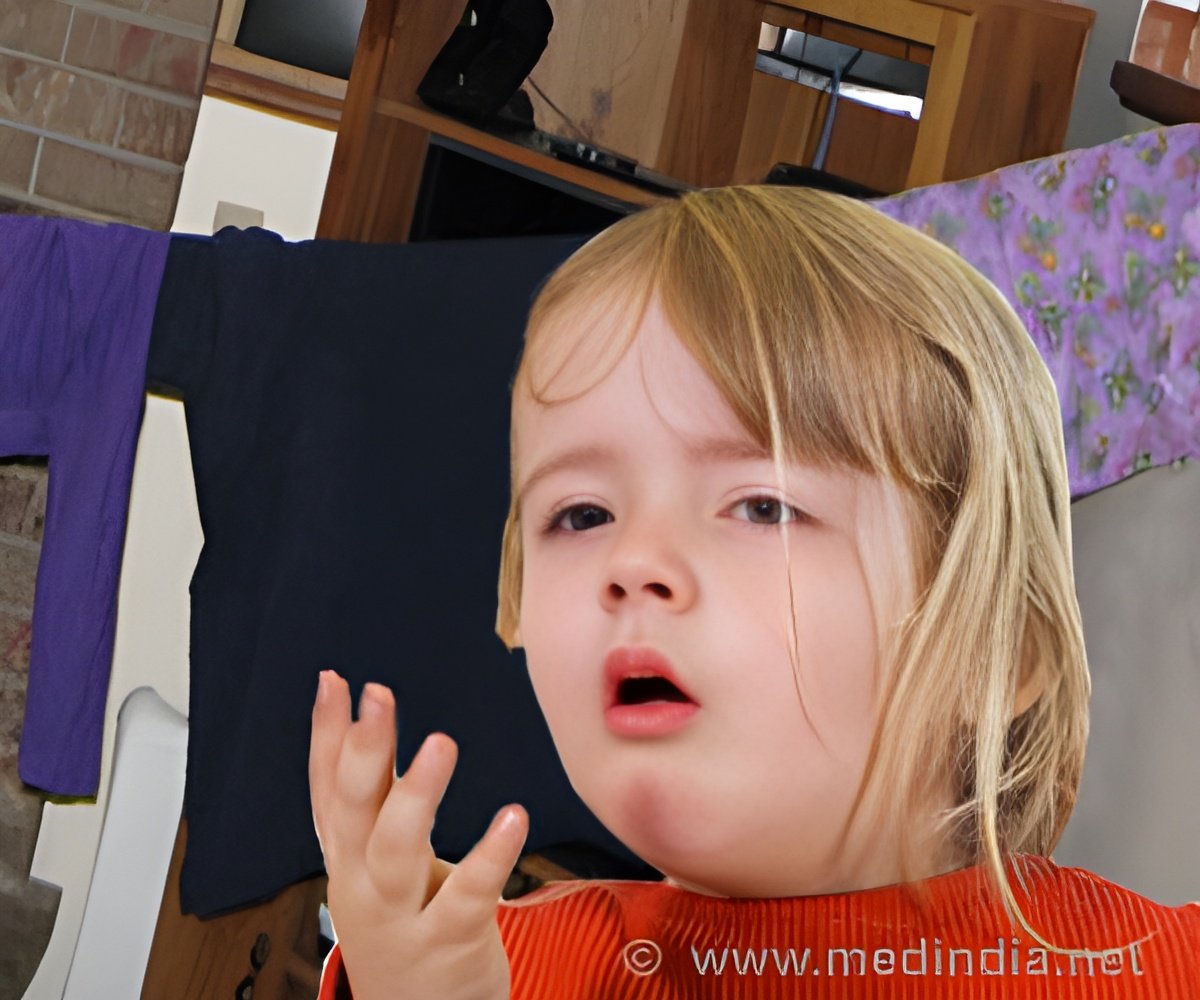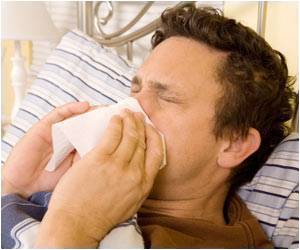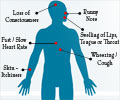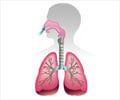
From a sample size of 484 patient records, the incidence of biphasic reaction occurred in 15 percent of the study population, and two thirds occurred within six hours from the onset of the initial reaction.
At least half of the biphasic reactions were serious in nature, and required treatment with epinephrine.
The study unveiled that biphasic reactions were more likely to happen if the initial allergic reaction was severe or if it was not treated with epinephrine.
Furthermore, the anaphylaxis tended to be more severe when the administration of epinephrine was delayed.
The team identified five independent, evidence-based predictors of biphasic reactions in children, including: delay in presentation to the Emergency Department (or delay in epinephrine administration) of more than 90-minutes from the onset of the initial allergic reaction.
Advertisement
Fourth, respiratory distress that requires administration of inhaled salbutamol in the Emergency Department. And the last, children between the ages of six to nine years old.
Advertisement
Source-Medindia















